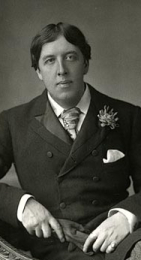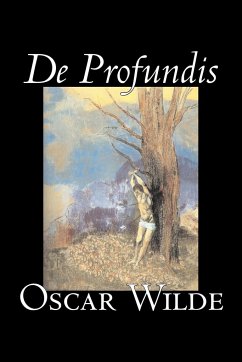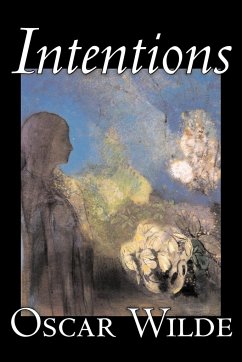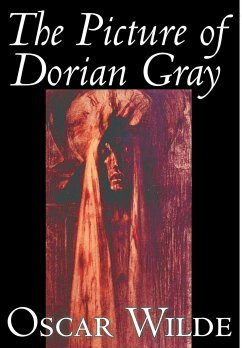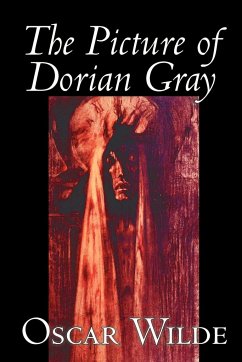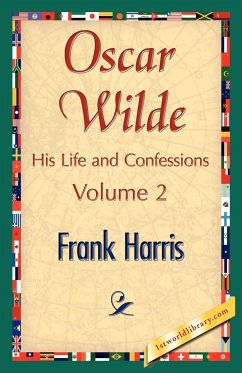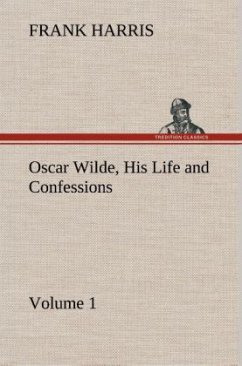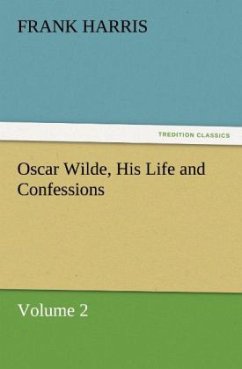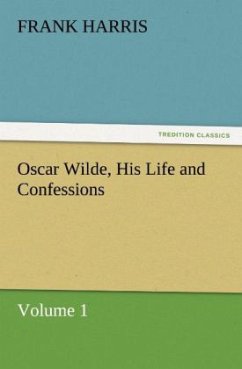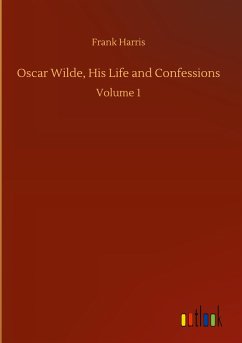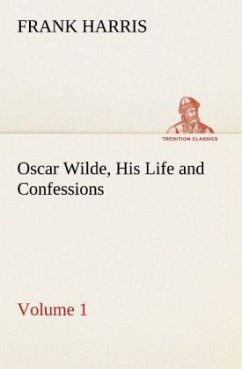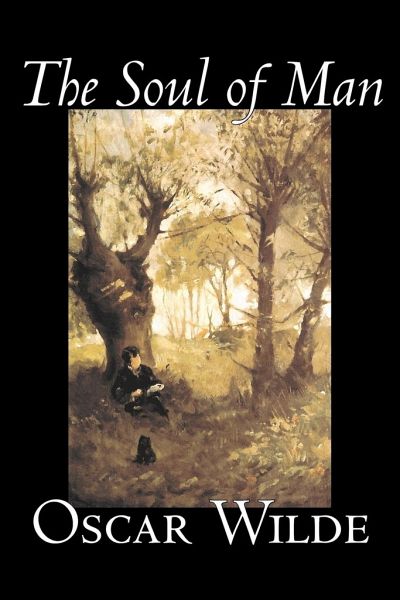
The Soul of Man by Oscar Wilde, Fiction, Literary
Versandkostenfrei!
Versandfertig in 1-2 Wochen
12,99 €
inkl. MwSt.

PAYBACK Punkte
6 °P sammeln!
This is Oscar Wilde's long -- and remarkable -- essay on socialism. It's not what you'd think, if you know just a little of his biography. Wilde foresaw -- from his time, long before it'd been tried as a principle of governance -- that socialism was a mistaken approach; he saw the mistakes that'd come from it, the consequences that'd befall the world and people generally long before they'd been put in place as a system of governance. Most writers are best not listened to as wellsprings of political ideas -- but Wilde was onto something and saw very clearly the fate that would befall us all.



